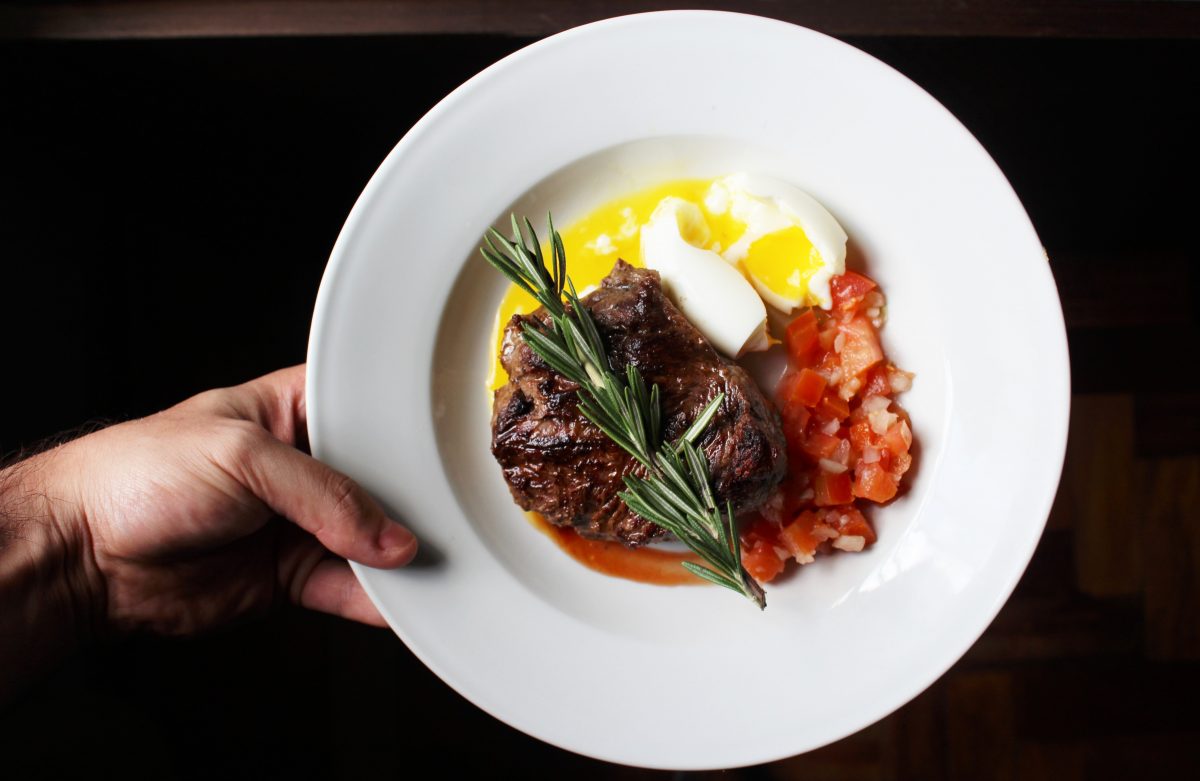Elderly people are particularly vulnerable during the flu season.
Here are my top 9 diet and lifestyle tips to help you support their health this winter.
- Remind them of the staples of their youth. Liver. Eggs. Sardines. These are some of the most nutrient-rich foods on the planet. They provide a range of vitamins and other nutrients that are hard to find enough of in most other foods. We’re talking vitamins for immunity (yes, including A and D), healthy fats for healthy body cells, iron, calcium, too long a list to detail here. I see these three foods as a kind of health insurance. Past generations knew this. Our older citizens know this. They just need reminding. Liver and onions? Boiled eggs? Omelettes? Sardines on toast?
- Switch out the fake. The next single most important thing you can do is to help them transition to real foods. Ditch the fake cream (cream substitutes made from processed oils but sold alongside the real thing). Ditch the fake butter (margarine, ‘spread’). Ditch the low-fat yoghurts. Ditch the ready meals. Fake foods fuel inflammation and displace actual nutrients. Tell them that they had it right in the past – real cream, real (‘best’) butter, eggs for breakfast, a bit of meat with some veg, plain full-fat yoghurt or a little fruit as dessert.
- Take them a portion or two of casserole (or stew or broth) once a week. Take turns with another relative. Or if they cook, remind them that cheaper cuts of meat can be put in a slow cooker to make a useful stew that can be eaten for more than one day. Lend them a slow cooker for winter? Our need for protein rises as we age and we need it to keep our muscles strong (strong enough to allow us to get up off the floor if we fall). Many older people are just not getting enough. And meat provides them with so much more too – zinc, for example, that plays an important role in immunity.
- Take them a fresh vegetable or two. A cauliflower that caught your eye. Some carrots you had spare. A savoy cabbage that will last for days. If cooking’s a challenge, a bag of pre-cut veg that can be cooked in the microwave.
- Check their food cupboard. Do they have solid staples such as tinned fish and tinned fruit for when they can’t get out? Would they object to some olive oil?
- Take them out. If they rely on others, are they getting outside every day? Daylight and fresh air – these are things the older generations always knew were important. Babies used to be wrapped up and put outside in their prams for air every day. Daylight is important for setting our wake-sleep rhythms and improving the quality of our sleep, which in turn supports many parts of our health – including our immunity. Sadly, the support is not always there for elderly people to get outside every day. Troubleshoot how this could be done for your loved ones.
- Encourage them to move. Sitting in a chair for long periods unfortunately tells our heart and lungs that we don’t need them to be so strong. If their doctor allows, is there someone who could accompany them on a short walk once a day? Are they fit enough to join a local health walk? Safely get up and walk around the house or garden once every hour?
- Check they are remembering to drink. As mobility reduces, it can be tempting to drink less so as not to get up and go to the toilet as often. Even fitter people can feel less thirst with age. Remind them that the body needs water to function well. A post-it note can be used as a reminder to have a small glass of water between meals.
- Get them a medication review with their GP or pharmacist.

